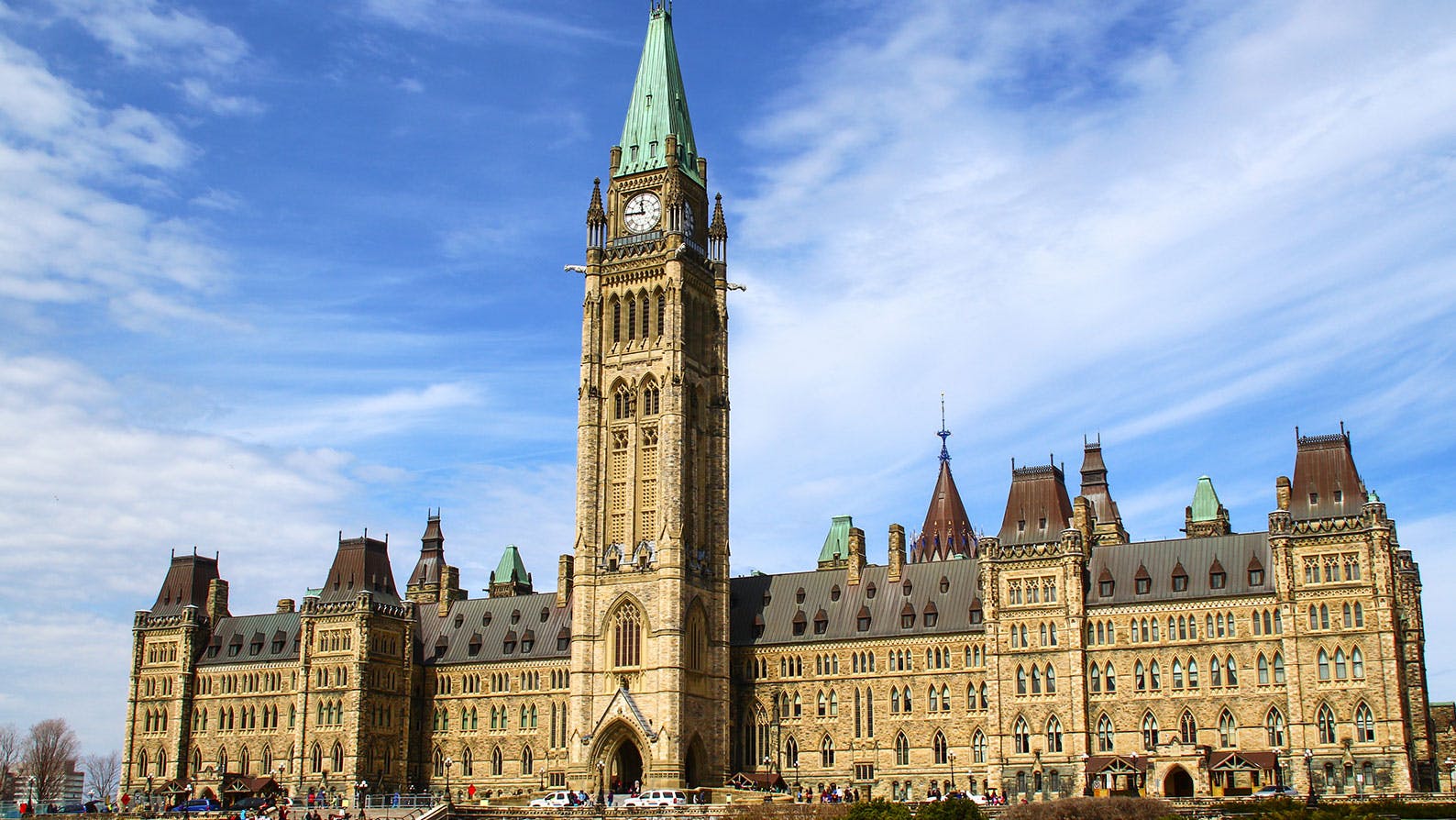October 7, 2014
Iqbal Ahmed, Policy Analyst for the Calgary Chamber, looks at the Comprehensive Economic and Trade Agreement (CETA) between Canada and the European Union, and its potenial impact on Alberta's economy. Are you passionate about policy? You might be interested in joining one of our committees and you can always join the conversation on Twitter at @Calgarychamber.
On September 26th 2014, Prime Minister Stephen Harper and his European Union counterparts signed the Comprehensive Economic and Trade Agreement (CETA). This agreement signals the end of four years of negotiations, and the beginning of a long march towards ratification and implementation. While trade liberalization tends to be welcome news for companies looking to reach new markets, many questions still linger about Canada’s largest trade agreement since NAFTA.
What do these reduced tariffs and regulations between Canada and the world’s largest economy mean for Alberta business? In short, access to new markets, reduced regulations and most of all, opportunities for growth.
CETA is a very large and complex treaty, with equally large and complex implications. It opens the way for a stronger economic relationship between the European Union and Canada.
A helping hand for Alberta’s labour shortage
CETA sets in place provisions to increase labour mobility between Canada and the European Union. The framework in the treaty brings down barriers related to temporary entry, gaining permission to work, and the recognition of professional and technical qualifications. This could mean access to a large pool of highly-qualified workers for Alberta’s labour starved economy. Yet, the success of these provisions depends on implementation, the onus of which is on provincial governments and the business community.
This is especially true in terms of mutual recognition agreements (MRAs). These agreements make it so that tests, certifications, and professional designations are recognized across jurisdictions. The treaty only creates the appropriate framework for these agreements; the actual negotiation and implementation is squarely with professional regulatory bodies (of which there are 440 across Canada) and provincial governments. Their effectiveness will truly determine what CETA means for Alberta’s labour market.
What about the energy sector?
Because of market access issues, Canada isn’t a major player in the European energy market. There are projects on the table that may change this, but as it stands, energy is not a major component of CETA, and it makes no changes to the EU’s controversial fuel quality directive.
However, it increases Investment Canada’s merger-review threshold from $1 billion to $1.5 billion, which could increase interest in Alberta’s energy sector amongst EU investors.
Agriculture could have the most to gain
Agriculture tends to be a big sticking point in most free trade deals, and CETA is no exception. Yet, it appears that this time around, Alberta’s farmers and agri-food industry has the upper hand. Currently, Alberta’s crops and livestock exports face an average tariff of 13.9% in the EU. Compounded by various regulations and other transaction costs, accessing the European market—and its 503 million consumers—is difficult. Once CETA is fully implemented, 95% of agricultural products will be given duty-free status. Pork, beef, and bison producers will be given access to a 138,000 ton-per-year duty free quota. This stands to be a major opportunity for Alberta.
On the flip side, France (with a long history of farm subsidies) has voiced displeasure with specific agricultural provisions in the treaty. This could be a big hurdle in the ratification process.
CETA is a very large and complex treaty, with equally large and complex implications. It opens the way for a stronger economic relationship between the European Union and Canada. While political barriers remain, and much will be clarified as the implementation process begins, at its core CETA is about opportunity, opportunities that the Alberta business community must be ready to take advantage of.
Iqbal Ahmed is a Policy Analyst for the Calgary Chamber.





